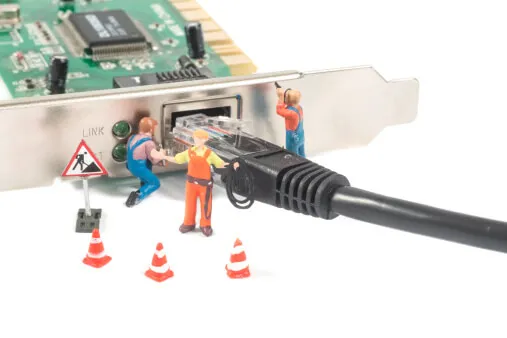
As your company expands and additional employees are hired, you will want a server to maintain your company network and operations going smoothly. However, with a seemingly limitless list of options and essential decisions to make, you may be unsure where to begin. Fortunately, setting up a small or medium-sized business (SMB) server isn't difficult.
Selecting a Server for an Enterprise
It's time to get involved in a server if your firm has multiple computers or if you require remote network access. You and your employees will be able to access software and documents from anywhere, and you will have more authority over who has access to sensitive information, such as personnel files or payroll records. It will also enable you to safeguard your corporate information with a specialised backup and recovery solution and simplify information security administration.
Servers for companies come in several different forms.
There are many distinct types of servers, and most businesses will utilise one for each function. SMBs most typically use servers for the following purposes:
-
Secure email hosting
-
Hosting a webpage
-
Storage of data
-
Server for e-commerce
-
Line-of-business apps are hosted on our servers.
-
Backup and recovery of data.
Windows-based servers for enterprises
Servers run customised os's built to be dependable and capable of supporting a large number of users. Another critical consideration is the operating system for your server. You may already be acquainted with Windows server options if your company is based on the Microsoft ecosystem.
Even if your PCs are already running Windows, you still have a variety of network operating systems to choose from. Other common SMB choices include:
-
CentOS.
-
Red Hat Enterprise Linux
-
Linux Ubuntu Server
Learn more about server working by doing windows server courses with Ekas Cloud.
Relevant courses that you may be interested in:







